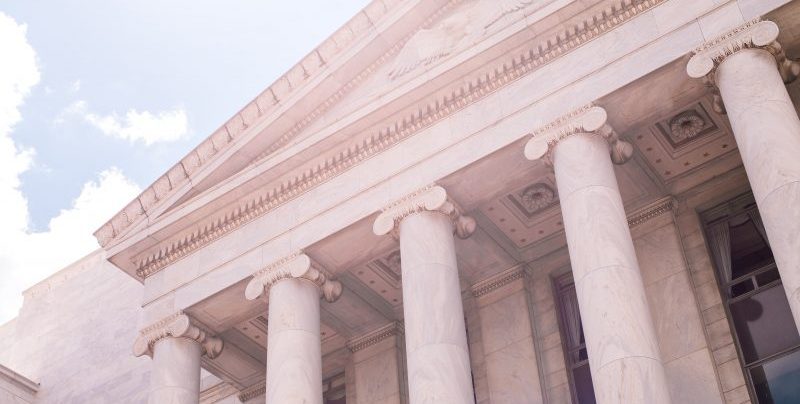With the inauguration of a new president and convening of a new Congress, localities will have to move quickly to ensure they can carry out a smooth transition for their federally funded projects and partnerships amid an ongoing, increasingly devastating, pandemic.
What should local leaders expect to see and how should they prepare for the first 100 days of the Biden-Harris administration alongside the Democrat-controlled Congress?
Experts from ICMA, an association of local government professionals, and Sustainable Strategies DC, a government consulting firm, spoke during a Jan. 15 webinar, “What Local Leaders Should Know About the Federal Government Transition,” informing the community on what they can expect and how to ready themselves effectively for the transition.
5 Actions to Prepare
Localities can take the following key actions to prepare themselves, recommended Ashley Badesch, Principal at Sustainable Strategies DC.
- Keep tracking COVID-19-related expenses. Whether it’s direct spending on personal protective equipment, remote work, paid leave, small business support or revenue impact, having a record of expenses will be important for localities to access the funds that roll out in the next COVID-19 stimulus package. President Joe Biden has proposed giving $350 billion in direct aid to state and local governments in the next relief bill.
- Chart your funding agenda and priorities for the year. Get together with local departments to talk about your funding priorities and needs. Then match those with key federal resources for economic rebuilding funneled through agencies such as the Housing and Urban Development Department (HUD), Agriculture Department (USDA), Environmental Protection Agency’s (EPA) Brownfields, etc.
- Prep priority infrastructure projects. Compile a list of top infrastructure projects to prepare for an incoming infrastructure package. Evaluate shovel-readiness, perform cost estimates and have timelines ready so projects can move along quickly once the funding package forms.
- Know your role and pathway in the clean energy economy. The Biden-Harris administration plans to make significant investments in the climate and clean energy sector. To prepare, evaluate how a shift toward climate action and clean energy would impact jobs in your community, and what type of pivot would be needed to access new investments and incentives in the sector.
- Prepare briefing sheets and your elevator pitch, and stay in close contact with elected officials. Let them know what your priorities are early on and how they can help you accomplish them. Especially in the early days of the new administration, under a Democrat presidency, House and Senate, legislative actions and funding processes will move quicker than before.
What to Know About the 117th Congress
What it looks like: Democrats control Congress, though by a tight margin. They hold the majority in the House by the smallest margin since 2001. And the Senate is evenly split 50/50 with Vice President Kamala Harris as the tiebreaker.
What that means: Washington will move quickly in the early days of 2021 with the presidency, House and Senate all under Democrat control. This means local governments will also have to move quickly to get their seats at the table and their priorities heard, said Matt Ward, CEO of Sustainable Strategies DC. But the need for bipartisan compromise and the potential for gridlock remain.
Key takeaways: Ward highlighted the following two takeaways for local government officials regarding the new Congress.
- Spending bills may become more frequently used vehicles for substantive legislation. Take stimulus bills, for example, which are essentially spending packages. This means legislative actions will happen quickly, bypassing the regular order of passing through committees, hearings and debates.
- Earmarks will potentially return. Earmarks were technically banned in 2011, but with Democratic control of the Senate, they are likely to return. Earmarks are an appropriation in a spending bill that allocates funds to a specific locality.
Key White House Nominees Important to Localities
- White House Intergovernmental Director – Julie Rodriguez
- White House Domestic Policy Ambassador – Susan Rice
- HUD Secretary – Marcia Fudge
- Transportation Secretary – Pete Buttigieg*
- EPA Administrator – Michael Regan*
- National Climate Advisor – Gina McCarthy
- Secretary of Commerce – Gina Raimondo*
- Secretary of Labor – Marty Walsh*
- Agriculture Secretary – Tom Vilsack
- Director of National Economic Council – Brian Deese
- Attorney General – Merrick Garland
*s indicate those from state and local government
Photo credit: Katie Moum on Unsplash
Check out our new free toolkit “The Presidential Transition: A GovLoop Toolkit.”





Leave a Reply
You must be logged in to post a comment.